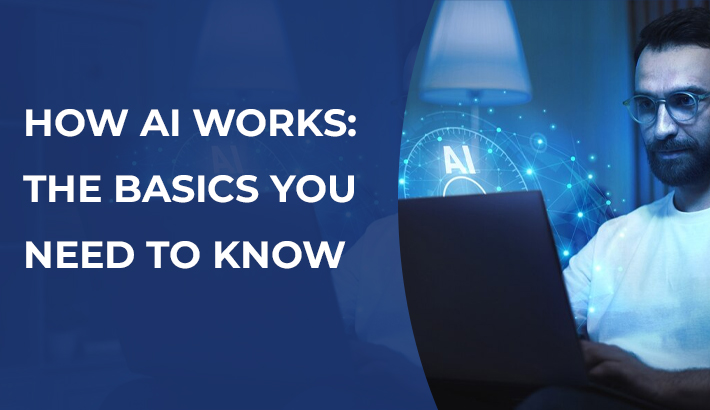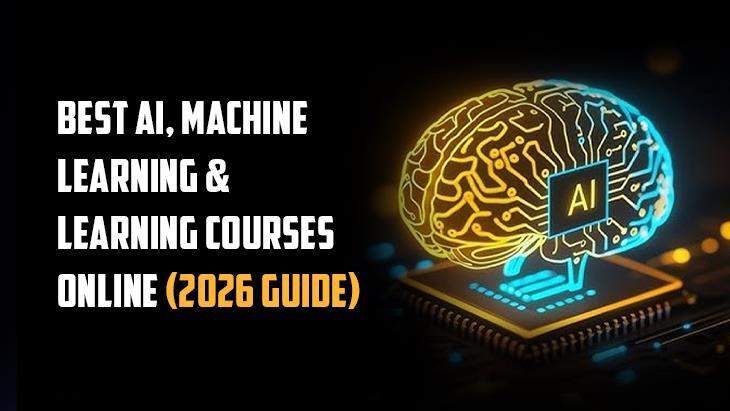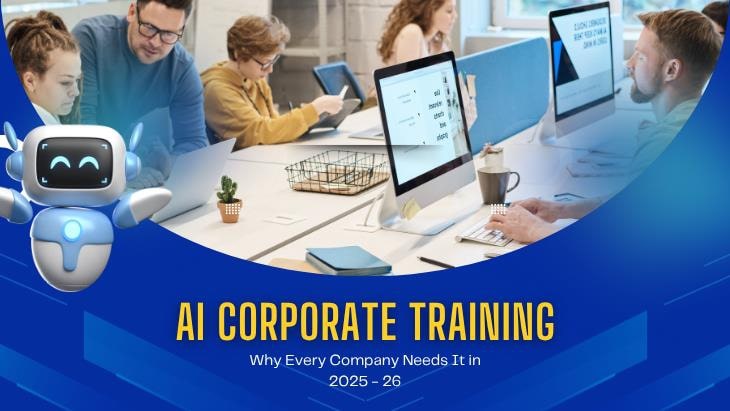The Wonders of Artificial Intelligence: A Comprehensive Guide
In the rapidly advancing landscape of technology, one term that has gained significant prominence is Artificial Intelligence (AI). From autonomous vehicles to smart assistants, AI is transforming the way we live and work. In this blog, we'll delve into the intricacies of how AI works, demystifying its underlying principles, and addressing common questions about this groundbreaking technology.
Understanding Artificial Intelligence:
Artificial Intelligence refers to the development of computer systems that can perform tasks that typically require human intelligence. This includes learning, reasoning, problem-solving, perception, and language understanding. The core of AI lies in algorithms and mathematical models that enable machines to process information, learn from it, and make decisions.
1. Machine Learning:
A pivotal aspect of AI is Machine Learning (ML), a subset that empowers computers to learn from data. Through the use of algorithms, machines can recognize patterns, make predictions, and adapt their behavior based on experience. This iterative learning process allows AI systems to enhance their performance over time.
2. Neural Networks:
Inspired by the human brain, neural networks form the foundation of many AI models. These networks consist of interconnected nodes, or "neurons," organized in layers. Each layer processes information, and through training, the network adjusts the weights assigned to connections, optimizing its ability to recognize patterns and make accurate predictions.
3. Natural Language Processing (NLP):
NLP is another critical component of AI, enabling machines to understand, interpret, and generate human language. Applications like chatbots, language translation, and voice recognition systems leverage NLP to facilitate seamless communication between humans and machines.
Frequently Asked Questions:
Q1: Can AI really learn and improve on its own?
Yes, through Machine Learning, AI systems can analyze data, identify patterns, and continuously refine their algorithms to improve performance over time. This adaptability is a key feature that distinguishes AI from traditional programming.
Q2: Is AI only limited to big companies and industries?
While large corporations often pioneer AI research, the technology is increasingly accessible to businesses of all sizes. Open-source platforms and cloud-based services provide affordable solutions, enabling a wide range of applications across various sectors.
Q3: How does AI impact privacy and security?
AI's data-centric nature raises concerns about privacy and security. Striking a balance between innovation and safeguarding sensitive information is crucial. Regulations and ethical frameworks are evolving to address these concerns and ensure responsible AI development and deployment.
Q4: Can AI replace human jobs?
AI has the potential to automate certain tasks, leading to job transformations. However, it also creates new opportunities and industries. The focus should be on upskilling the workforce to adapt to the changing job landscape.
Q5: Is AI only about robotics and automation?
While robotics is one application of AI, its scope is much broader. AI contributes to fields like healthcare, finance, marketing, and more, enhancing efficiency, decision-making, and problem-solving across various domains.
In conclusion, Artificial Intelligence is a multifaceted technology reshaping our world. By understanding its key components, such as Machine Learning, Neural Networks, and Natural Language Processing, we can appreciate the immense potential and ongoing advancements in AI. As we navigate the future, responsible development and ethical considerations will be pivotal to harnessing AI's benefits while mitigating potential risks.





Leave a reply